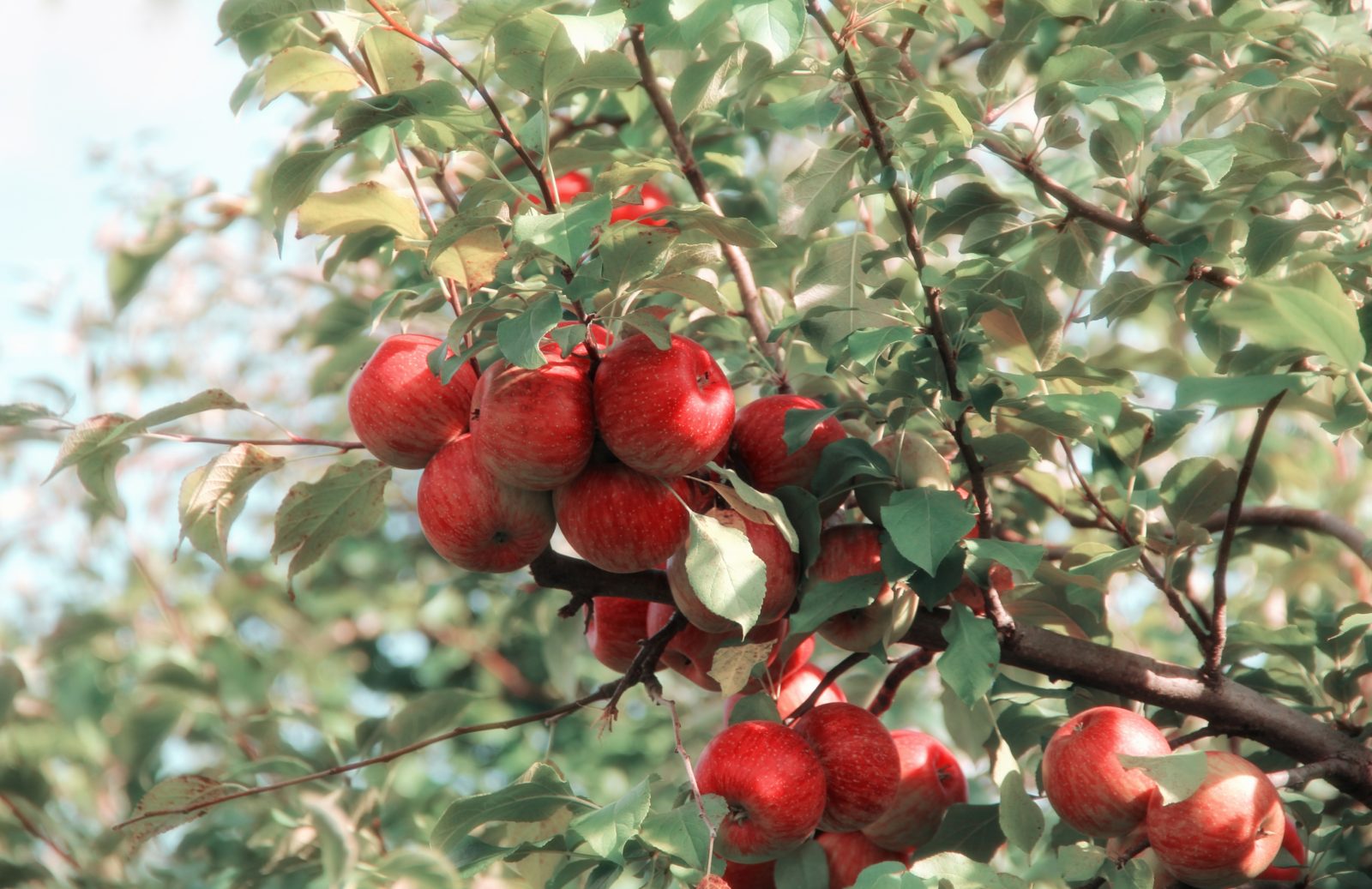This year’s apple harvest in Czech growers’ orchards is expected to increase by 22 percent year-on-year to 133,955 tonnes, according to the latest estimate as of September 1.
This would be the highest harvest since 2018 when the crop reached almost 145,000 tonnes. There will be fewer pears this year. This is according to the harvest estimates of the Central Institute of Agricultural Inspection and Testing (ÚKZÚZ).
On June 15, orchardists predicted that the apple crop would increase by only 16 percent to just under 128,000 tonnes.
“There were hailstorms and prolonged dry spells in some growing areas. However, the remaining fruit grew with higher rainfall in the summer months. Therefore, the estimated yield is above the five-year average,” said Ivana Kršková, spokeswoman for the ÚKZÚZ.
Compared to the average harvest of the previous five years (2017 to 2021), this year’s apple harvest should be 16 percent higher.
For pears, the September estimate predicts a nine percent year-on-year drop in the harvest to 6,719 tonnes. However, the pear crop should be 10% higher than the five-year average harvest.
The Institute does not make a September harvest estimate for other fruit species. There are about 6,300 apple orchards out of 13,000 hectares of orchards in the country. Pears are grown on 730 hectares.
Apples will be offered for self-picking
“We have about a month to either harvest, partially harvest, or leave the crop,” said Martin Ludvík, chairman of the Fruit Growers’ Union of the Czech Republic. Many businesses whose energy price fixing had ended had seen costs rise to five times the amount they had paid in the past.
Ludwig said supermarket chains are paying growers the same or lower prices than last year. Therefore, fruit growers are in a situation where they don’t know whether they will make a more significant loss if they store apples now and sell them in the spring or if they don’t harvest some of their produce.
Some Moravian fruit growers, especially apple growers, have decided to open their orchards to those interested in self-picking next week. In addition to the above-average harvest, they have agreed to do so because of the high price of electricity, which makes storing apples much more expensive. The temperature in the warehouses has to be kept very low.







Leave a Reply